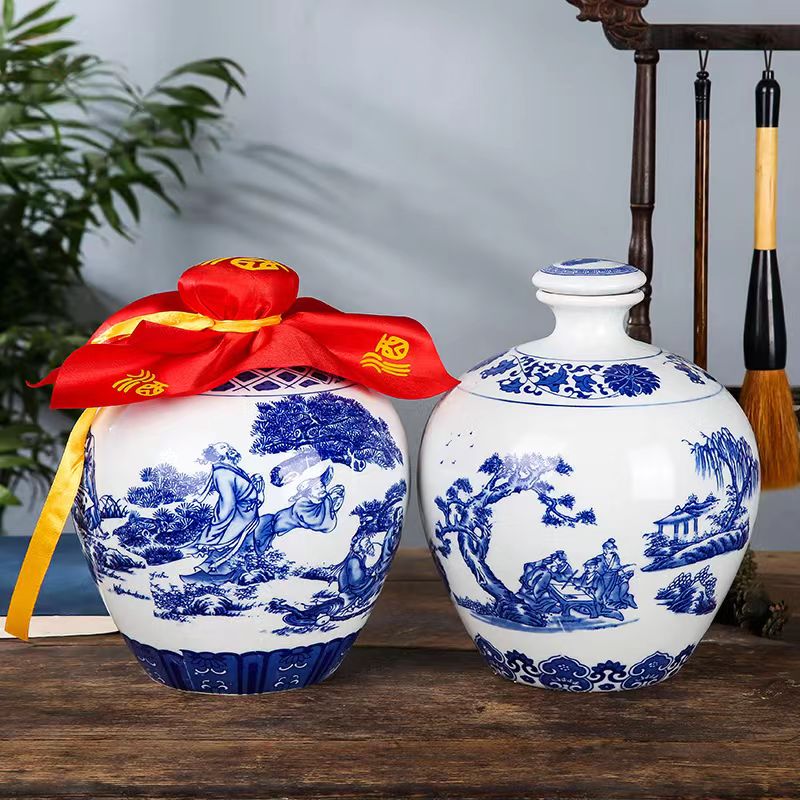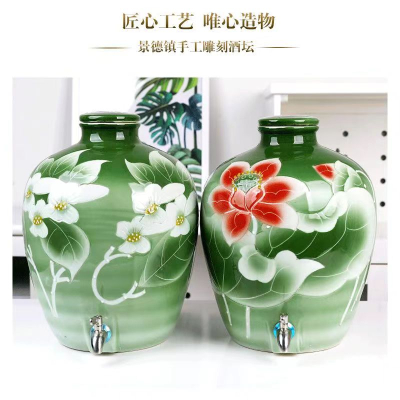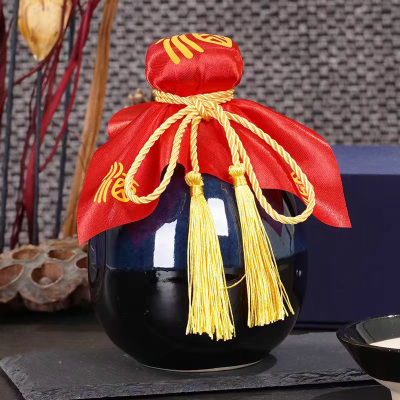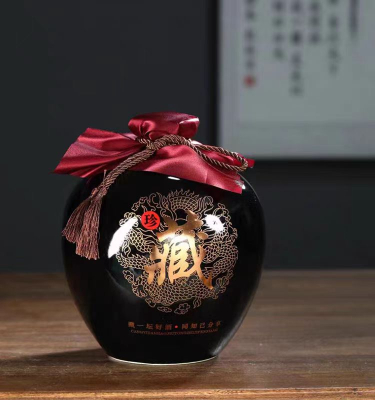Bulk Purchase of Liquor: A Depth Guide for Savvy Consumers
When exploring the realm of bulk purchasing liquor, details determine success or failure. From selection to storage, each step must be handled carefully to ensure the best experience and value for money. Here is a more comprehensive guide to help you navigate the world of bulk liquor purchasing with ease.
1.Clarify Needs and Budget: Refine to Purpose and Occasion Specialized Uses: In addition to overall needs, consider specific requirements for different occasions. For example, family gatherings may lean towards mild, easy-to-pair wines or beers, while business functions may call for higher-end whiskies or champagnes. Budget Allocation: Set sub-budgets according to purpose, including basic selections, specialty picks, and contingency funds. Ensure the overall budget remains stable even in unforeseen circumstances.
Research Market and Brands: Delve into Tasting and Trends Tasting Experience: Attend offline tastings or online live tastings to personally experience the differences between various brands and vintages. This not only enhances your tasting abilities but also helps you choose the desired bottles more accurately. Tracking Trends: Stay informed about current trends in the liquor market, such as emerging regions and limited edition releases. This information may present unique buying opportunities or higher investment returns.
1.Choose Reliable Suppliers: Validate and Communicate Qualifications Verification: In addition to checking basic credentials like business licenses, further investigate a supplier's supply chain, partnerships, and customer feedback. Detailed Communication: Communicate your needs, budget, and expected after-sales services in detail with the supplier. Inquire about sample tastings, return policies, and other details.
2.Consider Storage Conditions: Professional Equipment and Routine Management Professional Equipment: If feasible, invest in temperature and humidity-controlled wine cabinets or cellar equipment. These devices provide an ideal storage environment to ensure the longevity and stability of the liquor quality. Routine Management: Regularly monitor temperature and humidity fluctuations in the storage environment, ensuring no odors or direct sunlight exposure. Additionally, rotate or flip bottles periodically to promote contact between the liquid and cork to prevent cork dryness.
3.Seize Buying Opportunities: Monitor Promotions and Seasonal Changes Promotional Events: Besides major holidays, pay attention to supplier's member days, new product launches, and other promotional events. Such periods often offer additional discounts and gifts. Seasonal Changes: Some liquors exhibit seasonal characteristics due to their ingredients or production processes. Understanding these characteristics and choosing the right buying time can yield better value for money.
4.Legal and Compliant Purchases: Adhere to Legal and Tax Regulations Legal Understanding: Familiarize yourself with local laws and regulations concerning liquor purchase, transportation, and storage before making a purchase. Ensure your buying behavior complies with the relevant provisions to avoid unnecessary legal risks. Tax Planning: For large bulk purchases, tax matters should not be ignored. Understanding and effectively utilizing relevant tax policies can save you a significant amount of money.
Conclusion Bulk purchasing liquor is a task that requires meticulous planning and careful execution. By clarifying needs, conducting in-depth research, selecting reliable suppliers, proper storage, and seizing buying opportunities, you can enjoy the benefits of bulk purchasing while ensuring quality. I hope this detailed guide provides you with valuable reference and assistance.









